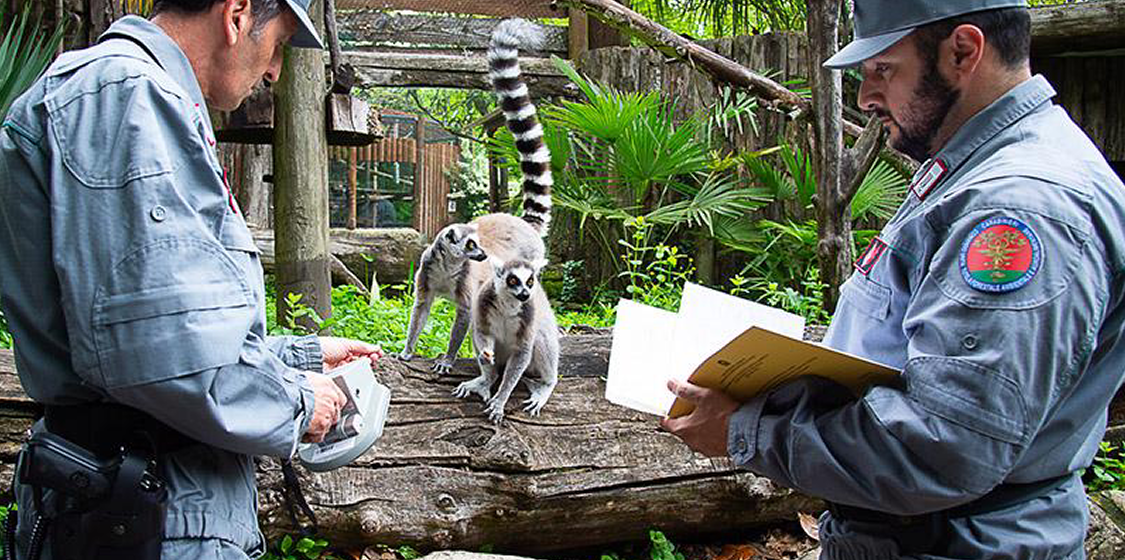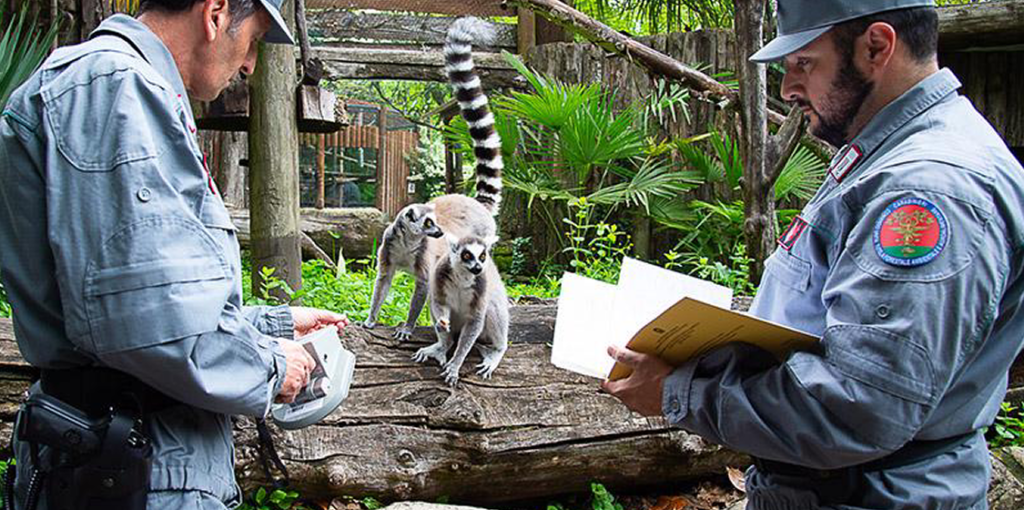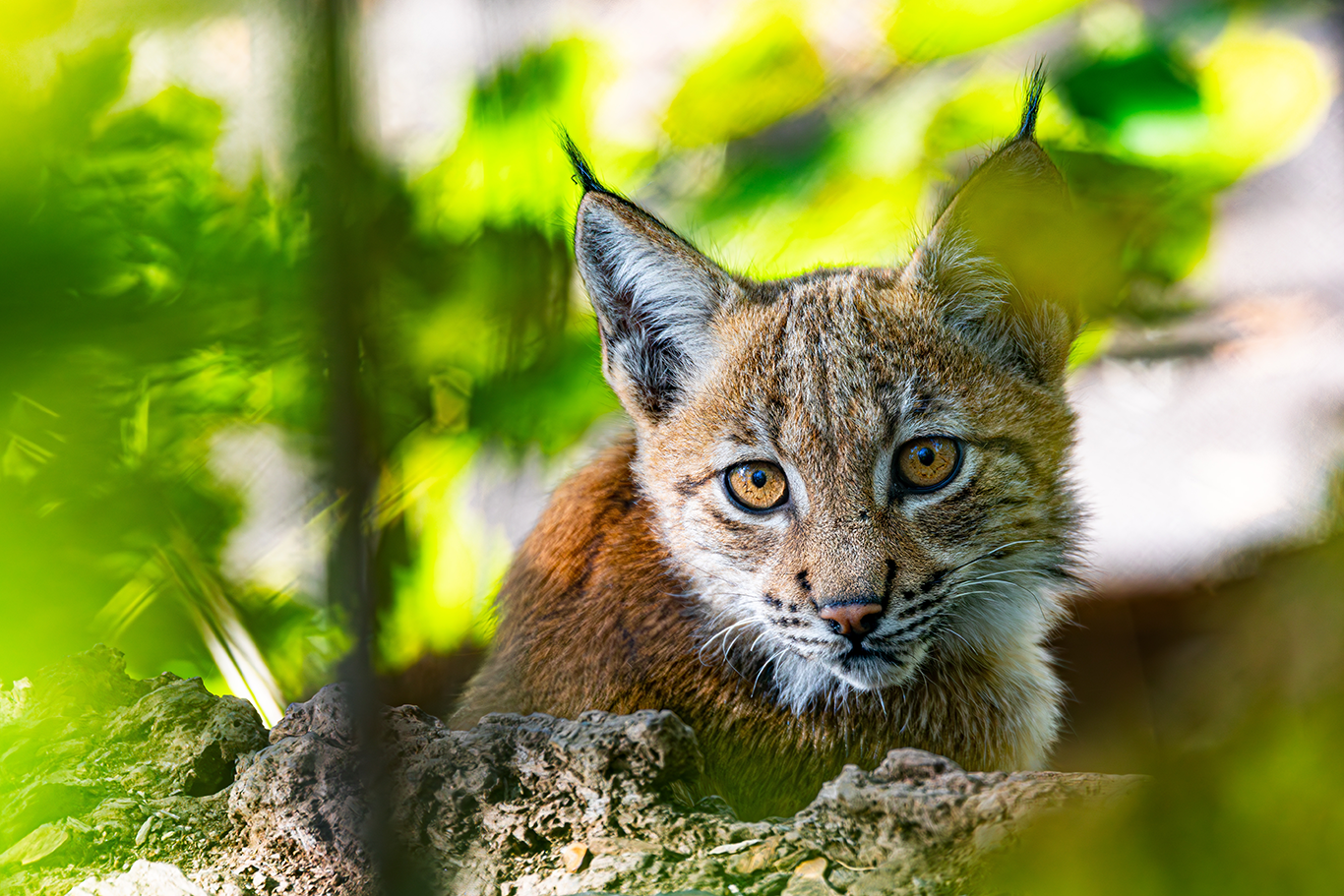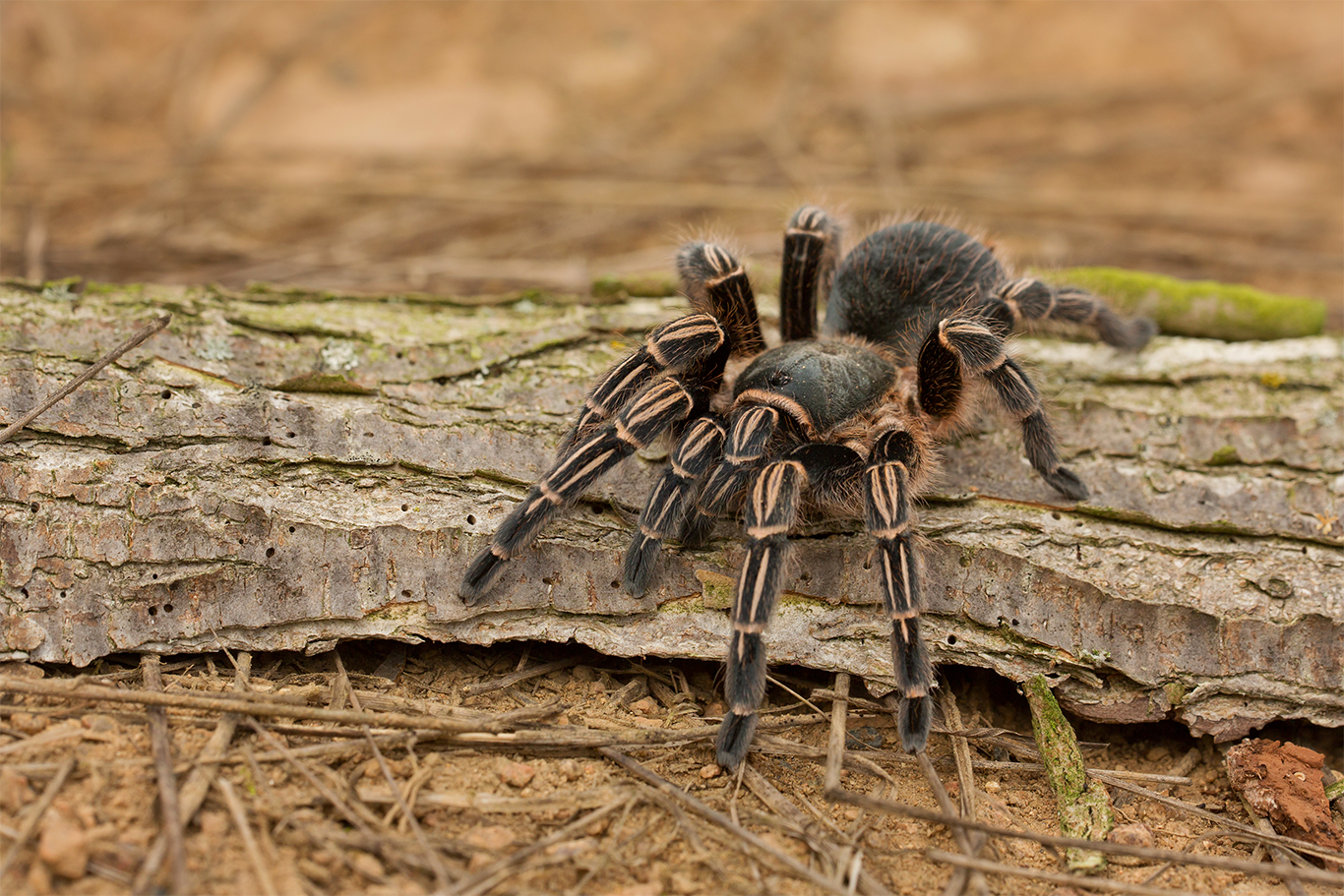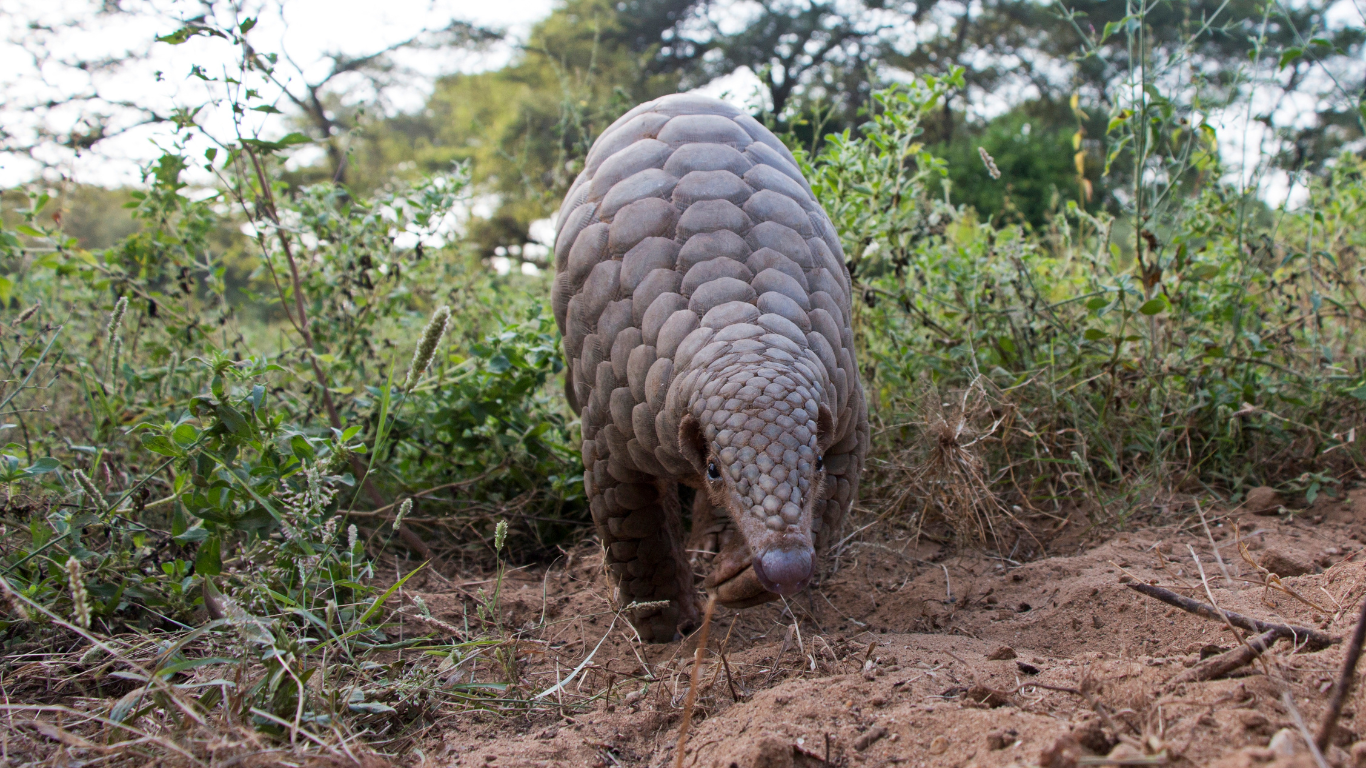An international operation against the illegal trade in wildlife and timber has seen hundreds of seizures worldwide as well as suspects arrested.
Codenamed “Thunderstorm” and targeting the people and networks behind global wildlife crime, the operation involved police, customs, border, environment, wildlife and forestry agencies from 92 countries and resulted in millions of dollars-worth of seizures.
Operation Thunderstorm began in early May and has so far resulted in 1 974 seizures and the identification of some 1 400 suspects, triggering arrests and investigations worldwide. Further arrests and prosecutions are foreseen as investigations unfold.
Total worldwide seizures reported to date include:
- 43 tonnes of wild meat (including bear, elephant, crocodile, whale and zebra)
- 1.3 tonnes of raw and processed elephant ivory
- 27 000 reptiles (including 869 alligators/crocodiles, 9 590 turtles and 10 000 snakes)
- almost 4 000 birds, including pelicans, ostriches, parrots and owls
- several tonnes of wood and timber
- 48 live primates
- 14 big cats (tiger, lion, leopard and jaguar)
- the carcasses of seven bears, including two polar bears
The operation saw eight tonnes of pangolin scales seized worldwide, including almost four tonnes by Vietnamese maritime authorities on board a ship arriving from the Democratic Republic of Congo. Pangolins (scaly anteaters) have become the most hunted animals on earth. Their scales are used in traditional Asian medicine and their meat is considered a luxury in many cultures.
Two flight attendants were arrested in Los Angeles attempting to smuggle live spotted turtles to Asia in their personal baggage. Both suspects have been charged with smuggling species protected by the Convention on International Trade in Endangered Species of Wild Fauna and Flora (CITES) and a transnational investigation has been opened between the involved countries.
A man was arrested in Israel and awaits deportation to Thailand after his hunting photograph on social media led to the seizure of multiple wildlife items at his home including fox, jackal and mongoose bodies. Follow-up inquiries have revealed that the suspect was also engaged in people smuggling and illegal employment.
Canadian authorities intercepted a container holding 18 tonnes of eel meat arriving from Asia. Thought to be poached from Europe originally, the juvenile glass eels had been reared in Asia before being dispatched to North American markets for consumption.
Operation Thunderstorm was initiated by the INTERPOL Wildlife Crime Working Group and coordinated by INTERPOL and the World Customs Organization (WCO) in conjunction with the International Consortium on Combating Wildlife Crime (ICCWC), which includes the CITES Secretariat, the United Nations Office on Drugs and Crime (UNODC) and the World Bank.
“The global law enforcement community is to be congratulated for these significant seizures,” said Animal Survival International (formerly Political Animal Lobby) spokesman, David Barritt.
“Operation Thunderstorm demonstrates the massive global reach of the illegal trade in animals and animals parts. But whether their trade is legal or not, the movement of millions of animals around the world, including birds, primates, amphibians, reptiles, fish and insects causes unimaginable harm to animals. All animals suffer in this trade because they are removed from their natural enviromment and forced to live in close proximity to humans, and often with other animals. ASI is completely opposed to the trade in wild animals, whether legal or illegal and the organisation will continue to do everything in its power to end the cruelty.”

